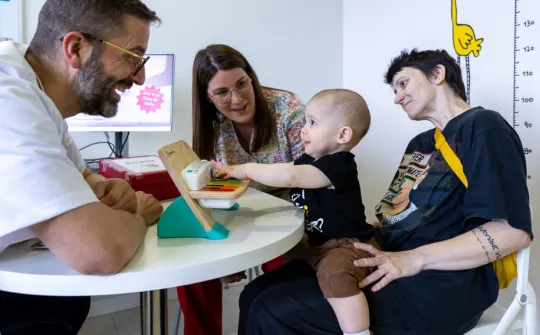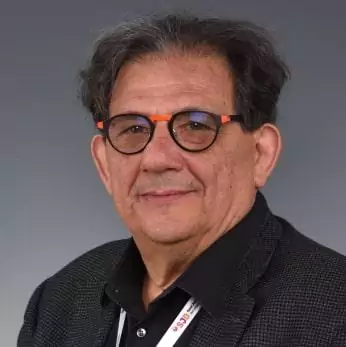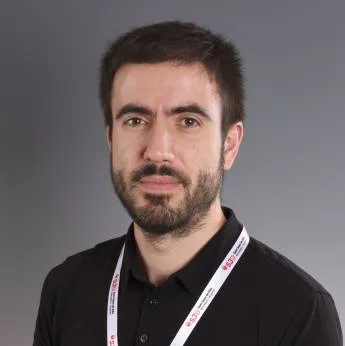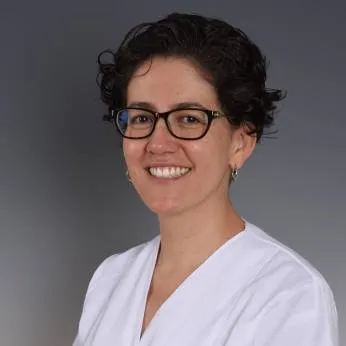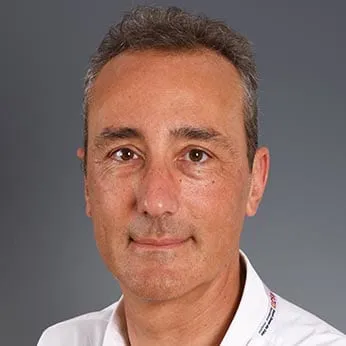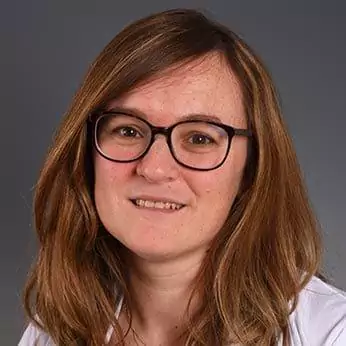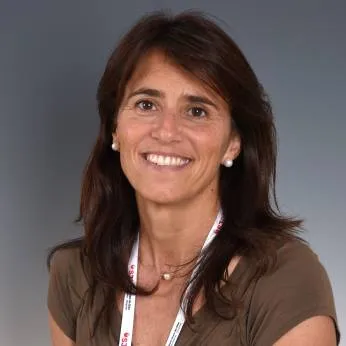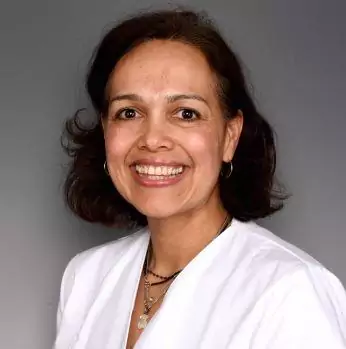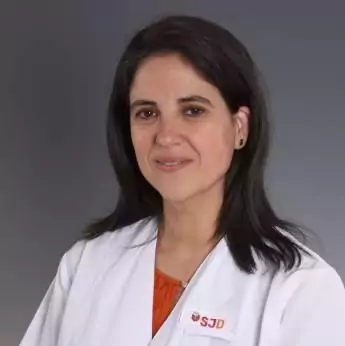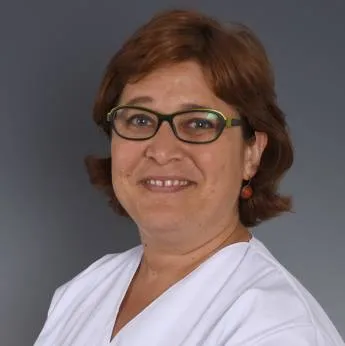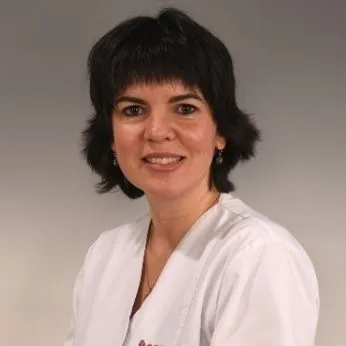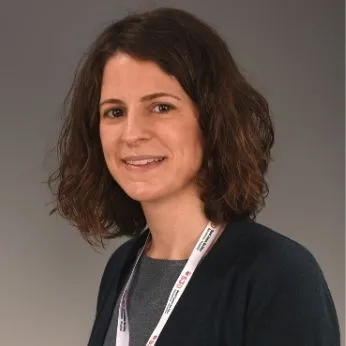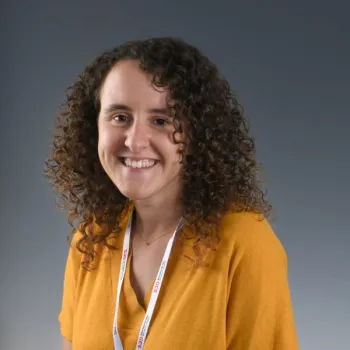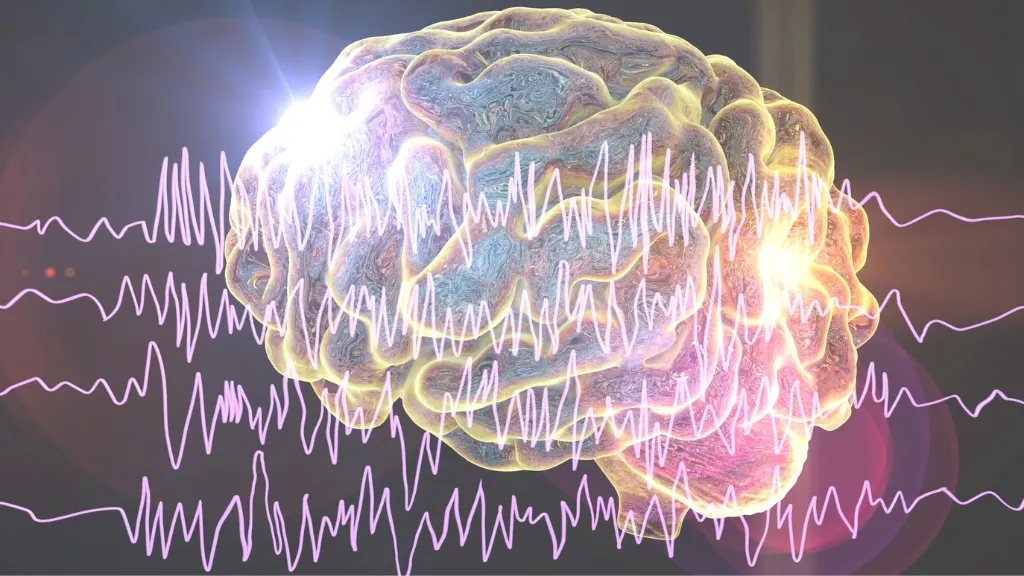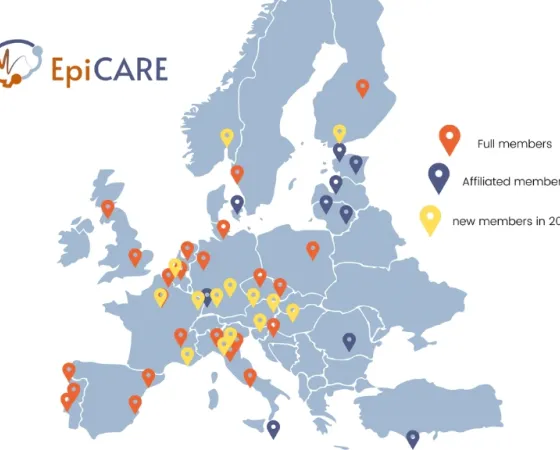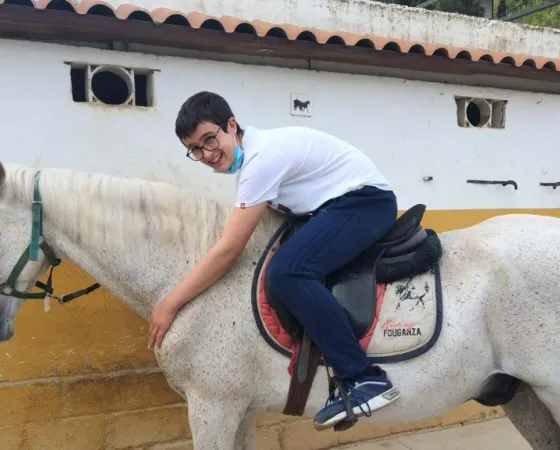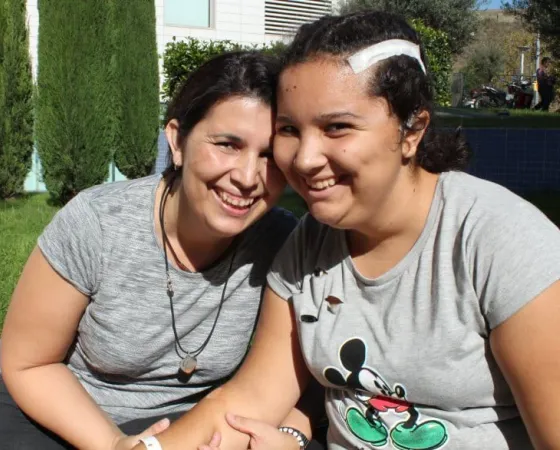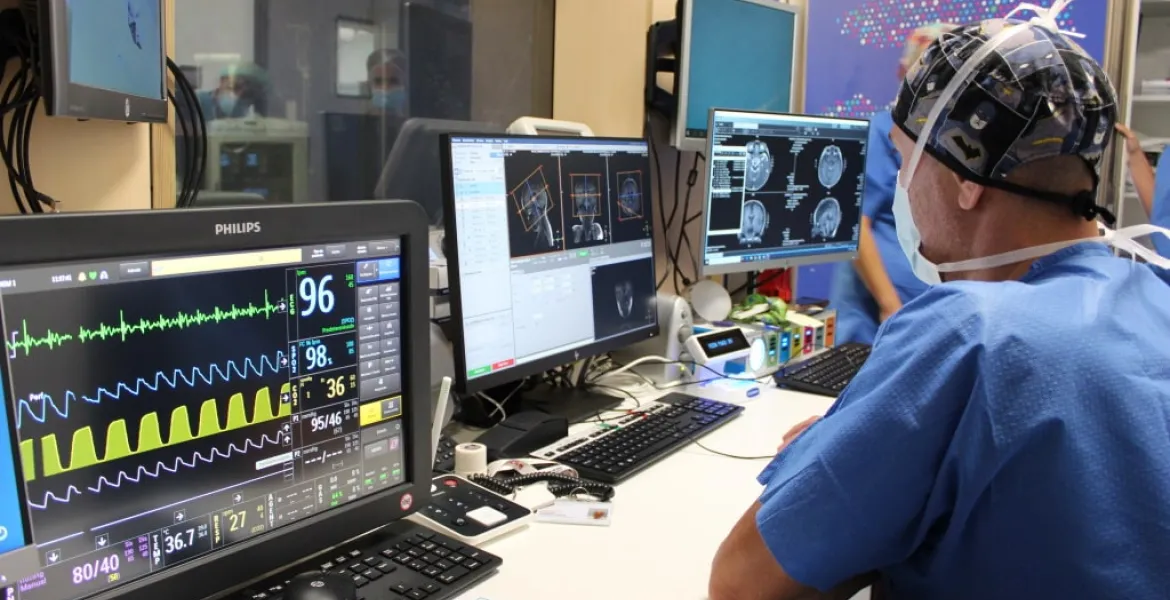
We are a reference centre for the diagnosis and treatment of drug-refractory epilepsy.
75% of epilepsy cases appear in childhood. Most affected children can improve their quality of life if they are diagnosed accurately and prescribed the appropriate treatment.
The SJD Barcelona Children's Hospital is a benchmark centre for the diagnosis and treatment of childhood drug-refractory epilepsy, with CSUR accreditation from the Spanish Ministry of Health. A highly specialised team of 4 epileptologists, 4 neurosurgeons specialising in epilepsy, 3 neuroradiologists, 2 neuropsychologists and a nursing team specifically dedicated to the Unit. We are one of the few centres in Spain that also has three monitoring beds for paediatric patients with epilepsy, enabling us to provide our patients with the highest quality care.
Patients with drug-refractory focal epilepsies may be candidates for surgical treatment. In the Epilepsy Unit, pre-surgical studies are carried out using the the newest techniques (functional neuroimaging, intracranial electrodes, etc.) to try to locate as accurately as possible the origin of the epilepsy, reducing the risk of post-surgical sequelae. Regarding the surgical approach, there is the possibility to perform resective surgery (removal of the epileptogenic focus), disconnective surgery (parieto-temporo-occipital hemispheriotomy and callosotomy), laser ablation (removal of the epileptogenic focus) and vagal stimulation or vagus nerve stimulation.
The Epilepsy Unit also performs the follow-up of patients with drug-refractory epilepsies without surgical indication (epileptic encephalopathies, generalized or multifocal epilepsies, focal epilepsies with involvement of eloquent regions). After a diagnostic assessment, in some cases palliative treatments are proposed, which include both the latest developments in antiepileptic drugs and other types of therapies (ketogenic diet, vagal stimulation).
Accreditations
- ERN EpiCARE, European Network for Rare and Complex Epilepsies together the Hospital Clínic.
- CSUR of the Ministry of Health for the diagnosis and treatment of drug-refractory epilepsy in children.
- Network of expert clinical units (XUEC, in its acronym in Catalan) by the Catalan Health Service in minority pediatric epilepsies of heterogeneous origin that have a poor response to treatment, with the consequent impact on the patient's quality of life..
Why SJD Barcelona Children's Hospital?
We have the most advanced technology for diagnosing and treating children and adolescents with epilepsy: continuous monitoring with a video electroencephalography (video EEG); structural neuroimaging (1.5 and 3 Tesla cerebral MR) and functional neuroimaging (PET, SPECT/SISCOM, functional MRI) techniques; metabolic diagnosis laboratory and genomic diagnostic platform.
Today there are drugs that are very effective for treating epilepsy. But in order to determine the most appropriate treatment in each case, it is important to have proper experience in accurately diagnosing which type of epilepsy is involved and the specific aspects of each case.
The ketogenic diet is a treatment that is complementary to drug treatment. It consists of a diet rich in fats and low in sugars, resulting in a state of ketosis which helps to improve seizure control. When our team considers this diet to be indicated, it works with the team of dieticians and nutritionists in the Gastroenterology, Hepatology and Nutrition department.
Some epilepsies do not respond to drugs but must be treated with surgery. Our multidisciplinary team assesses whether this might be the best option for the child. Our specialists perform accurate pre-surgery evaluations to determine which surgical option is best for each child.
Our experience
Follow-up consultations per year
Hospital admissions per year
Transition processes per year
Surgeries per year
Patients
Monitoring services
Surgical specialties
Our unit uses surgical techniques for diagnostic or curativ purposes
It is essential to recognise drug-resistant epilepsy early on.
Our professionals
We are a multidisciplinary team of experts in epilepsy in children and adolescents. Our team includes neurologists and neuropaediatric epilepsy specialists, neuropsychologists, neurosurgeons, neurophysiologists, neuroradiologists, specialists in Nuclear Medicine, nurses and specialist technicians.
Additionally, we maintain a stable healthcare, teaching and research partnership with Hospital Clínic de Barcelona and with the Paediatric Epilepsy Unit of the University Hospital of Lyon, the largest in Europe.
For adolescents we conduct consultations for transition to adulthood.
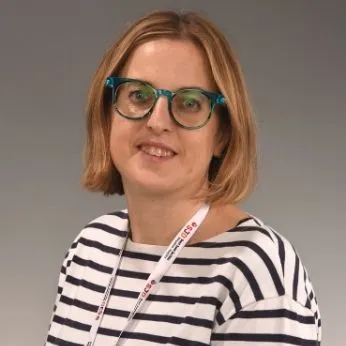
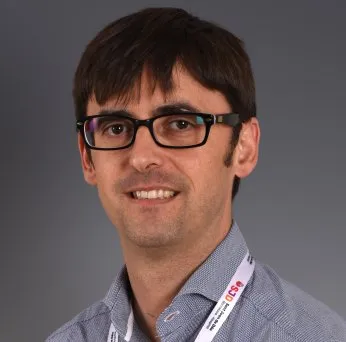
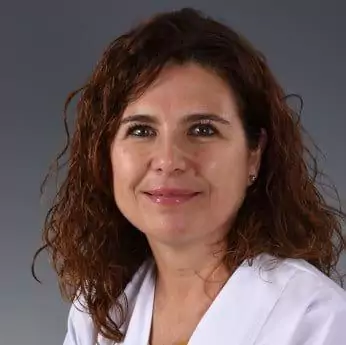
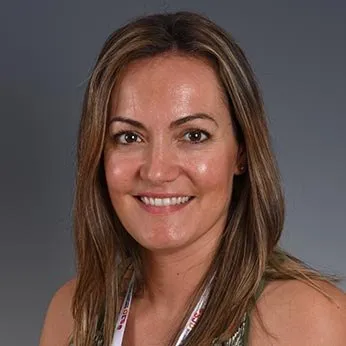
Neuroradiologists
- Dr Núria Bargalló Alabart (Hospital Clínic)
Nuclear medicine specialists
- Dr Xavier Setoain Perego (Hospital Clínic)
Specialist nurses
- Cristina Cámara Ayala (case manager)
- Vanessa Gómez Guzmán
- Sonia Quesada Castro
- Begoña Martín Morales
- Nuria Couto López
- Carmen Rocío Romero Gómez
- Bárbara Sánchez de Aldecoa
- Marta Miralles Lanero
Specialised auxiliary nurses
- Mar Pérez Martí
Specialist technicians
- Juana Rodríguez Gómez
- María José Rodríguez Gómez
Research and clinical trials
The Institut de Recerca Sant Joan de Déu (IRSJD) boasts a research group into Epilepsy and movement disorders in Pediatrics: they specialise in innovative technologies and collaborate on international research projects to develop personalised therapies for this group of diseases.
Teaching
SJD Barcelona Children's Hospital is a university hospital affiliated with the Universitat de Barcelona, and so we share our knowledge and train professionals to specialise in high-complexity medicine.
Master's in Neuropaediatrics
We participate regularly in training students on the Master's Degree in Neuropaediatrics at the Universitat de Barcelona, as well as in the training of neurologists, neuropaediatricians, neurophysiologists, nurses and technicians specialising in aspects related to the diagnosis and treatment of children and adolescents with epilepsy.
- Duration: 2 years
- Management: Dr Carme Fons Estupiña
- Qualification: Master's Degree (awarded by the Universitat de Barcelona)
- Accreditation: 120 credits ETCS
Master's Degree in Pediatric and Adult Epileptology
We offer training to students of the Master's Degree in Epileptology at the Universitat de Barcelona (classroom-based training). We offer tools to specialists to diagnose epilepsies in children, adolescents and adults; treat them pharmacologically and chemically and skills to manage emergencies in epilepsy.
- Duration: 1 course
- Direction: Dr Carme Fons Estupiña
- Qualification: Master's degree (awarded by the University of Barcelona)
- Accreditation: 60 credits ETCS
